Search Articles
Browse Content (p. 92)
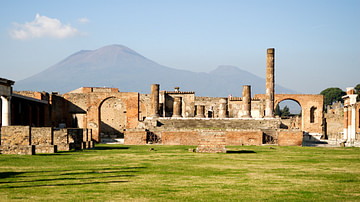
Article
A Visitor's Guide to Pompeii
Visitors to Naples and its surrounding area could be overwhelmed by the number of archaeological wonders to see. Buried for centuries beneath tons of volcanic ash and debris, the archaeological sites scattered along the coast of Naples are...

Article
The Mongol Invasion of Europe
The Mongol invasions of Russia and Eastern Europe occurred first with a brief sortie in 1223 CE and then again in a much larger campaign between 1237 CE and 1242 CE. The Mongols, seemingly coming from nowhere and quickly gaining a reputation...
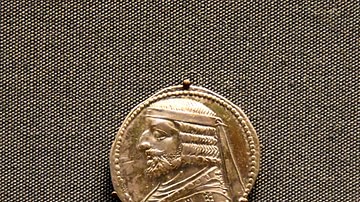
Article
Parthia: Rome's Ablest Competitor
As a superpower in its own right and in competition with Rome, Parthia's empire - ruling from 247 BCE to 224 CE - stretched between the Mediterranean in the west to India in the east. Not only did the Parthians win battles against Rome they...
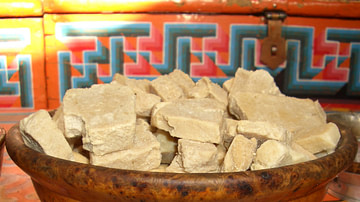
Article
Food & Drink in the Mongol Empire
The diet of the Mongols was greatly influenced by their nomadic way of life with dairy products and meat from their herds of sheep, goats, oxen, camels, and yaks dominating. Fruit, vegetables, herbs, and wild game were added thanks to foraging...
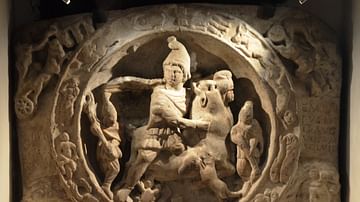
Article
Visiting the London Mithraeum - Going Underground in Ancient Londinium
London, the proud capital of the United Kingdom, is visited by millions of tourists every year and is famous for its rich history and historical landmarks. Magnificent castles, medieval prisons, art and history museums as well as countless...

Article
Game Review: A Plague Tale: Innocence
A Plague Tale: Innocence is a true masterpiece of interactive storytelling. The video game (console versions on Amazon, PC version on Steam) takes the player back to medieval France. The country is troubled by both the Hundred Years' War...
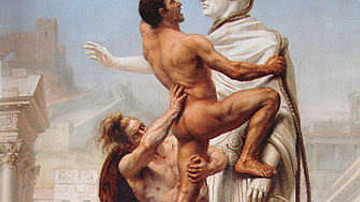
Article
Sack of Rome 410 CE
In August of 410 CE Alaric the Gothic king accomplished something that had not been done in over eight centuries: he and his army entered the gates of imperial Rome and sacked the city. Although the city and, for a time, the Roman Empire...
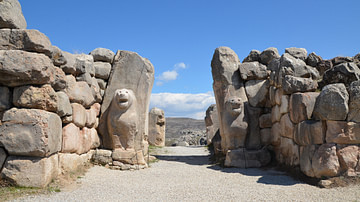
Interview
Interview: The Mysterious Bronze Age Collapse with Eric Cline
The decline of the Late Bronze Age civilizations of the Mediterranean and Near East has puzzled historians and archaeologists for centuries. While many have ascribed the collapse of several civilizations to the enigmatic Sea Peoples, Professor...
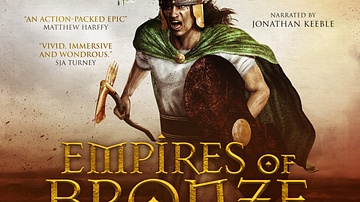
Interview
Author Interview: Son of Ishtar by Gordon Doherty
Today we sit down with Gordon Doherty to discuss his new book Empires of Bronze: Son of Ishtar. Based in the dark and cold north (i.e. Scotland), Gordon has written extensively on ancient Greece and Rome. His new novel, however, takes us...
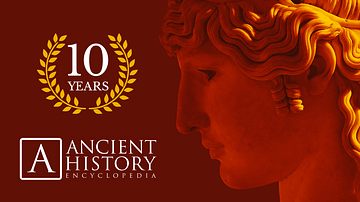
Article
10 Years of Ancient History Encyclopedia
Ancient History Encyclopedia's CEO Jan van der Crabben writes about the organization's 10-year history. Ancient History Encyclopedia just turned ten! On 25 August 2009, we officially launched the Ancient History Encyclopedia website by submitting...